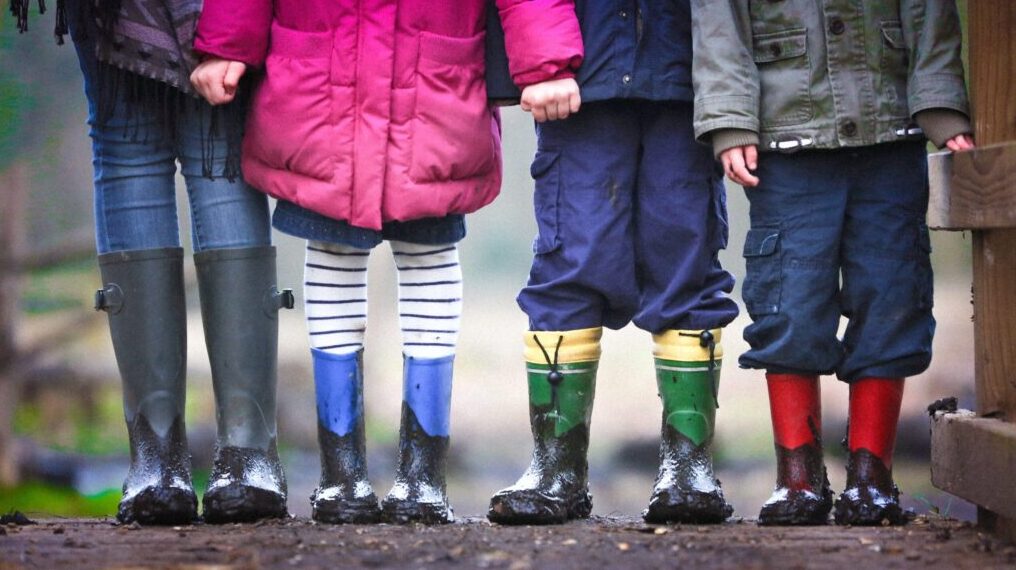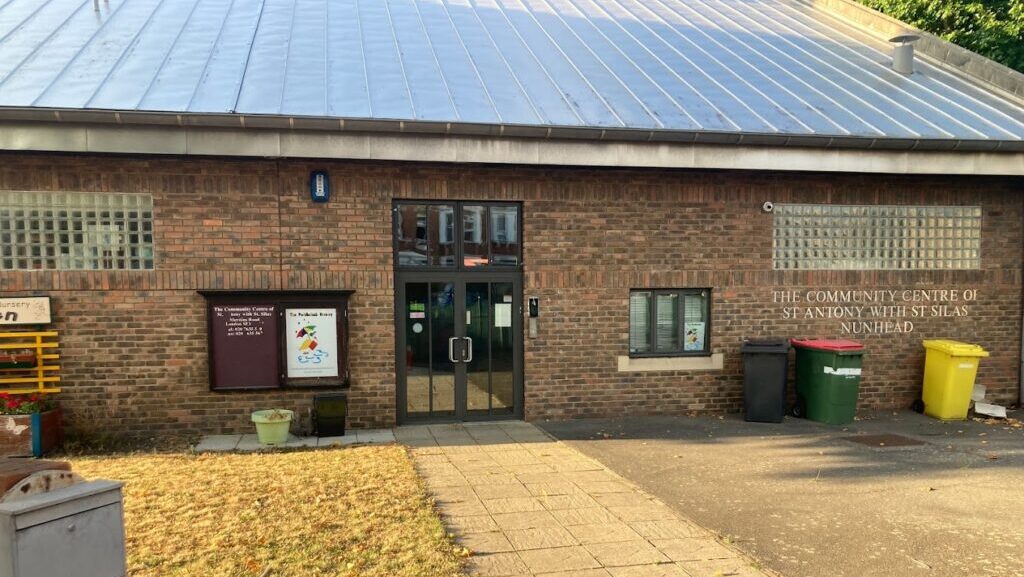Half of the UK public think early education should be one of the government's main priorities, with 10% saying it…
Proposed funding changes to hit areas with declining early years places the hardest
Upcoming changes to so-called ‘free childcare’ funding in England are likely to hit local authorities already struggling with declining early years places much harder than areas that have seen the availability of early years places rise over recent years, new analysis from leading early years membership organisation the Early Years Alliance has found
The Department for Education (DfE) is currently consulting on changes to the formulas it uses to calculate how much early years funding each local council in England receives from central government. The idea behind the formulas is that the more expensive it is for nurseries, pre-schools and childminding settings to operate in an area, the more early years funding that area should receive.
While the majority of the consultation is focused on relatively minor changes to the underlying data used to estimate how expensive it is for settings to operate in different areas of the country, the DfE is also proposing to set new fixed minimum and maximum increases to early years funding rates between 2022/23 and 2023/24 – what it terms ‘year-to-year protections’.
Under current proposals, these ‘protections’ would see funding rates for those councils who do the worst from the early years funding formulas increase by just 1% for both the two-year-old and the three- and four-year-old offers.
In contrast, those local authorities who do the best from the formulas would see their early years funding rise by up to around 8.6% for the two-year-old offer and around 4.5% for the three- and four-year-old offer.
The DfE has published estimates showing how much of an increase each local authority in England is likely to receive in 2023-24 based on its current funding formula proposals.
Alliance analysis of these estimates has found:
- There are 19 local authorities who the DfE expects to receive the maximum possible increases in both two-year-old funding and three- and four-year-old funding next year, all of which are in London and the south-east.
These 19 areas have already seen an average increase in early years places of 4.6%, with one area (Hackney) seeing an increase over 24%, over the last five years
- In contrast, there are 20 local authorities in England that the DfE expects to receive the minimum possible increases in both two-year-old and three- and four-year-old funding next year, 16 of which are in the north-east, north-west or Yorkshire and the Humber.
These 20 areas have already seen an average decline in early years places of 1.6%, with some areas seeing declines of over 10%, over the past five years.
Commenting on the findings, Neil Leitch, chief executive said:
“While we recognise the need to ensure that local early years funding levels accurately reflect the costs of delivering places in different areas, it is incredibly concerning that so many areas that are already seeing a decline in early years places are set to receive such miniscule increases in funding.
“Let’s be clear: a 1% increase in early years funding at a time when inflation rates are at record highs, energy costs are soaring and the national minimum and living wages are continuing to rise is simply not sustainable – and the likelihood is that many of the nurseries, pre-schools and childminding settings operating in these areas are very likely to struggle to remain afloat for much longer.
“The government’s insistence on focusing on national statistics when talking about the availability of early years places completely ignores the huge regional discrepancies that have emerged over recent years. What use is it telling a parent that there are plenty of places available across the country if there are none in their local area?
“Ultimately, until there is enough money in the early years funding pot to begin with, there will always be areas that lose out, no matter how it is distributed. The government simply must commit to investing what our vital sector needs to remain viable. Ignoring this problem will not make it go away.”
Latest News
The Puddleduck Nursery in South London has been bought by first-time buyer Kim Bradley, owner of new company Luna Nurseries.
MPs spoke out about the impact of National Insurance rises on nurseries this week as Parliament voted against amendments which…





